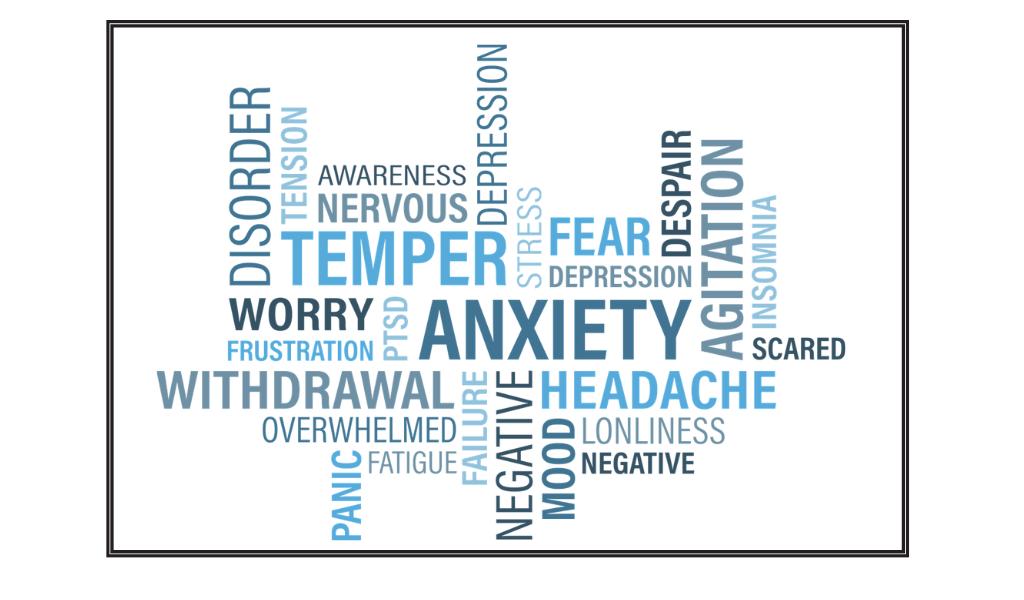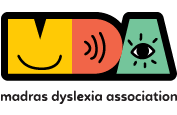
Learning Difficulty and Emotional Health
Emotional Wellness
By Arundhati Swamy
The past decade has witnessed prolific research, development and application of new psychological theories that emphasise the importance of emotional health. Chief among them has been Daniel Goleman’s ground-breaking works on Emotional Intelligence, placing in perspective the invaluable role of emotional well-being that leads to successful living. To a society that has grown up on a staple diet of high achievement, the emotional and social development has been incidental.
However, this does not discredit a whole generation and its record of achievement. Surely there are millions of people who achieved success, without having had to compromise on their emotional health. They did not have to succumb to the pressures of achievement because they grew up in environs that nurtured emotional stability. If education was once considered to be the acquisition of a strong knowledge base, today it encompasses the development of the whole individual. This assumes a greater relevance in efforts to support children with learning difficulty through their inevitable struggle to cope with parental and societal expectations.
Every parent has the right to realistic expectations of their children. Every child has the right to expectations that their parents will provide a safe and secure environment in which their potential may be realised. Learning difficulty puts on temporary hold parental expectations of academic achievement, sending uninformed parents and their children into a tailspin. The disappointments of the present telescope into the hopes of the future, threatening their dreams of a good college education and a promising career. Remediation, though vital in helping children deal with the challenges of learning disabilities, is just one piece in the rehabilitation puzzle.
The other equally vital pieces that need to be put into place are the parent-child relationship, the student-teacher relationship and the child’s self-esteem. The discovery of learning difficulty in a child can unleash an extraordinary pressure on the parents, ranging from denial to fear and helplessness. Unable to understand their inability to cope with academics, the child’s anxiety is compounded by the fear of loss of parental acceptance. At this juncture, the emotional health of the family is crucial. If the family is already carrying emotional baggage from other stress-related issues, much of their collective emotional energies are diverted towards dealing with them, making available only depleted reserves of emotional energy to deal with the new stressful situation.
Therefore, the most effective step at this stage would be for parents to deal simultaneously with all the stressful situations in their life, thus releasing hitherto trapped resources. Indeed, not an easy task.
A proactive step would be to seek help through counselling. Apart from the fact that the family can benefit from the restoration of emotional balance, counselling interventions can contribute significantly to a proper diagnosis of learning difficulty. For often learning difficulty and emotional stress are manifested through similar symptoms. It is, therefore, very important to identify at the earliest, which of them is responsible for the difficulties being faced by the child. Needless to state, that some children could be dealing with both learning difficulty and emotional stress, each one greatly impacting the other.
Now let’s take a closer look at the child. While remediation empowers them with specific learning strategies to overcome the learning difficulty, a self-realisation process is the answer to building their self-esteem. Through the developmental needs at the social, emotional, physical and spiritual levels, the child learns to value themselves as a person, not just as a student who must perform well in order to gain acceptance.
Recognition and realisation of talents and abilities in non-academic areas will provide opportunities for achievement and a sense of self-worth. For the single child, upon whom all parental expectations converge, there is an additional pressure to perform. Remedial help and professional counselling can provide the much-needed support to families to deal with learning difficulty and emotional stress. But they are options oft ignored. Perhaps the fear of social stigma is a very real threat. What then, is more important? Others opinion or the joy of having successfully faced a challenge?
